
Love, Ellen
¥94.10
Mom, m gay. With three little words, gay children can change their parents' lives forever. Yet at the same times it a chance for those parents to realize nothing, really, has changed at all; same kid, same life, same bond of enduring love. Twenty years ago, during a walk on a Mississippi beach, Ellen DeGeneres spoke those simple, powerful words to her mother. That emotional moment eventually brought mother and daughter closer than ever, but not without a struggle. Coming from a republican family with conservative values, Betty needed time and education to understand her daughter homosexuality -- but her ultimate acceptance would set the stage for a far more public coming out, one that would change history. In Love, Ellen, Betty DeGeneres tells her story; the complicated path to acceptance and the deepening of her friendship with her daughter; the media scrutiny of their family life; the painful and often inspiring stories she heard on the road as the first non-gay spokesperson for the Human Rights Campaigns National Coming Out Project. With a mother love, clear minded common sense, and hard won wisdom, Betty DeGeneres offers up her own very personal memoir to help parents understand their gay children, and to help sons and daughters who have been rejected by their families feel less alone.

Does the Noise in My Head Bother You?
¥94.10
"I've been mythicized, Mick-icized, eulogized and fooligized, I've been Cole-Portered and farmer's-daughtered, I've been Led Zepped and 12-stepped. I'm a rhyming fool and so cool that me, Fritz the Cat, and Mohair Sam are the baddest cats that am. I have so many outrageous stories, too many, and I'm gonna tell 'em all. All the unexpurgated, brain-jangling tales of debauchery, sex & drugs, transcendence & chemical dependence you will ever want to hear." The son of a classical pianist straight out of the Bronx of old Archie comics, Steven Tyler was born to be a rock star. Weaned on Cole Porter, Nat King Cole, Mick and his beloved Janis Joplin Tyler began tearing up the streets and the stage as a teenager before finally meeting his "mutant twin" and legendary partner Joe Perry. In this addictively readable memoir, told in the playful, poetic voice that is uniquely his own, Tyler unabashedly recounts the meteoric rise, fall, and rise of Aerosmith over the last three decades and riffs on the music that gives it all meaning. Tyler tells what it's like to be a living legend and the frontman of one of the world's most revered and infamous bands the debauchery, the money, the notoriety, the fights, the motels and hotels, the elevators, limos, buses and jets, the rehab. He reveals the spiritual side that "gets lost behind the stereotype of the Sex Guy, the Drug Guy, the Demon of Screamin', the Terror of the Tropicana." And he talks about his epic romantic life and his relationship with his four children. As dazzling, bold, and out-on-the-edge as the man himself, Does the Noise in My Head Bother Youis an all-access backstage pass into this extraordinary showman's life.
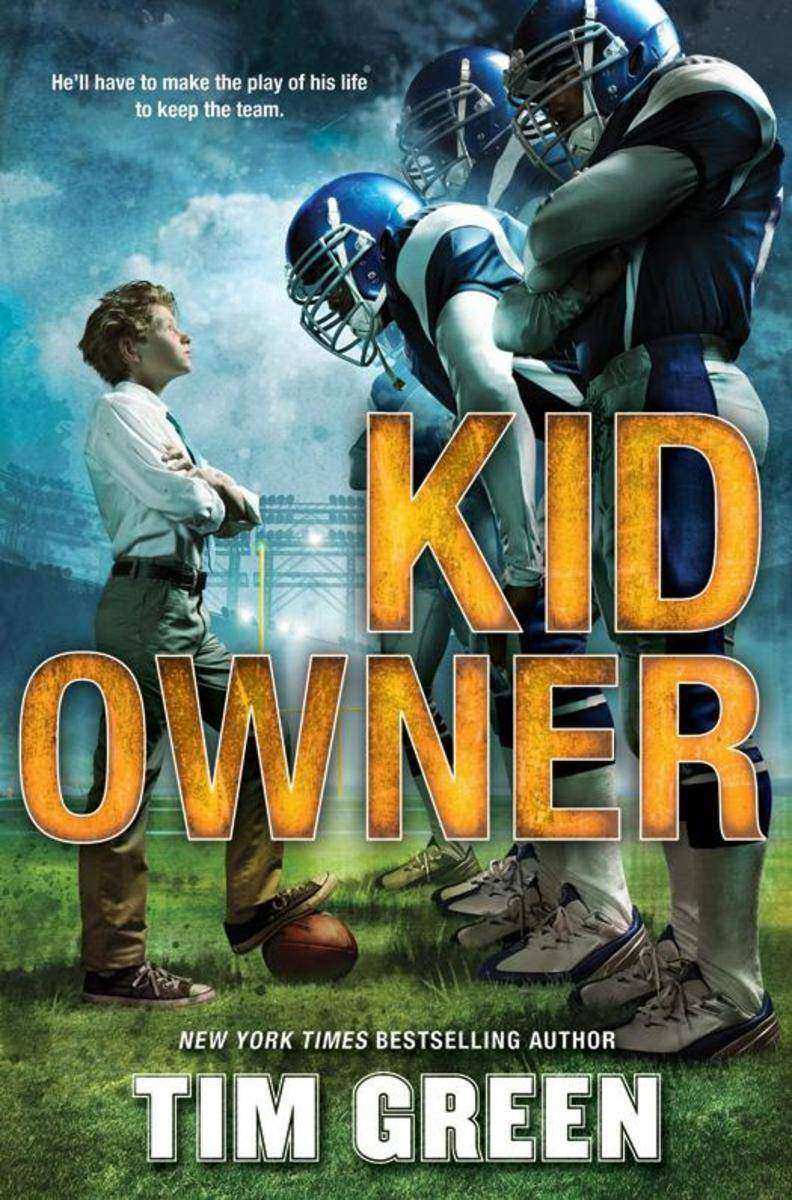
Kid Owner
¥94.10
From New York Times bestselling author and former NFL player Tim Green comes a riveting new stand-alone football novel.When Ryan's estranged father unexpectedly dies, Ryan learns that he has inherited the Dallas Cowboys. With his new role as owner of this NFL team, Ryan has high hopes that he can be more than just a middle-school misfit. Maybe he can even get off the bench and into the starting lineup of his own football team.With the help of his friends Jackson and Izzy, Ryan takes advantage of his newfound stardom. He convinces his coach to use a tricky passing offense that plays to Ryan's strengths.But just when things are looking up, Ryan's nasty stepmother makes a legal play to make her own son the Cowboys' kid owner. With drama heating up both on and off the field, Ryan quickly realizes he may lose much more than just the Dallas Cowboys.

Uronjeni
¥94.42
Aceast? carte de interviuri, pe care le-am realizat ?n timp, reprezint?, pentru mine, portrete scrise ?i vorbite ale unor scriitori de valoare cu care am avut ?ansa s? m? ?nt?lnesc. Dar ele nu au numai o valoare literar?, ci ?i una afectiv?.
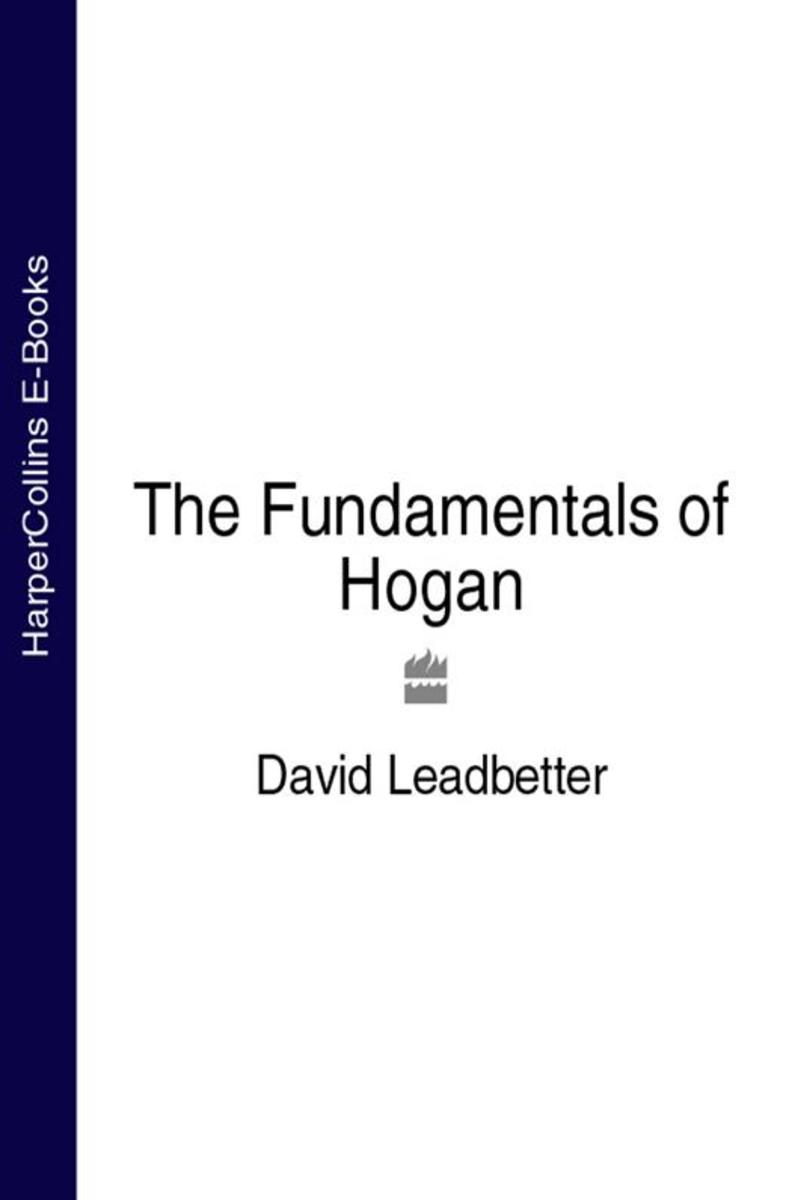
The Fundamentals of Hogan
¥95.06
Ben Hogan’s The Modern Fundamentals of Golf is the best-selling sports book ever, with over six million copies sold worldwide. This sequel to the original book offers previously unpublished photographs and the expert commentary of David Leadbetter. First published in 1957, Ben Hogan’s Modern Fundamentals was judged by Golf Digest in 1999 to be the best instructional book ever written. In this sequel all the illustrations from the previous book have been expertly reworked, while also included are 80 previously unseen photographs of Hogan, that were shot for the original book but never published. In addition to these exclusive photos, David Leadbetter, the most heralded golf instructor of the modern day, lends his expertise in the form of a revealing commentary. Famous for his work with Greg Norman, Nick Faldo and Ernie Els, Leadbetter analyses Hogan’s swing and explains what you can learn from the old master. The Fundamentals of Hogan is destined to become a golf classic. In one package you have the restoration of the number one golf book of all time, by the most heralded teacher of the modern day, about a man who had the greatest golf swing of all time. The Fundamentals of Hogan will surely be the instructional book for the new Millennium.
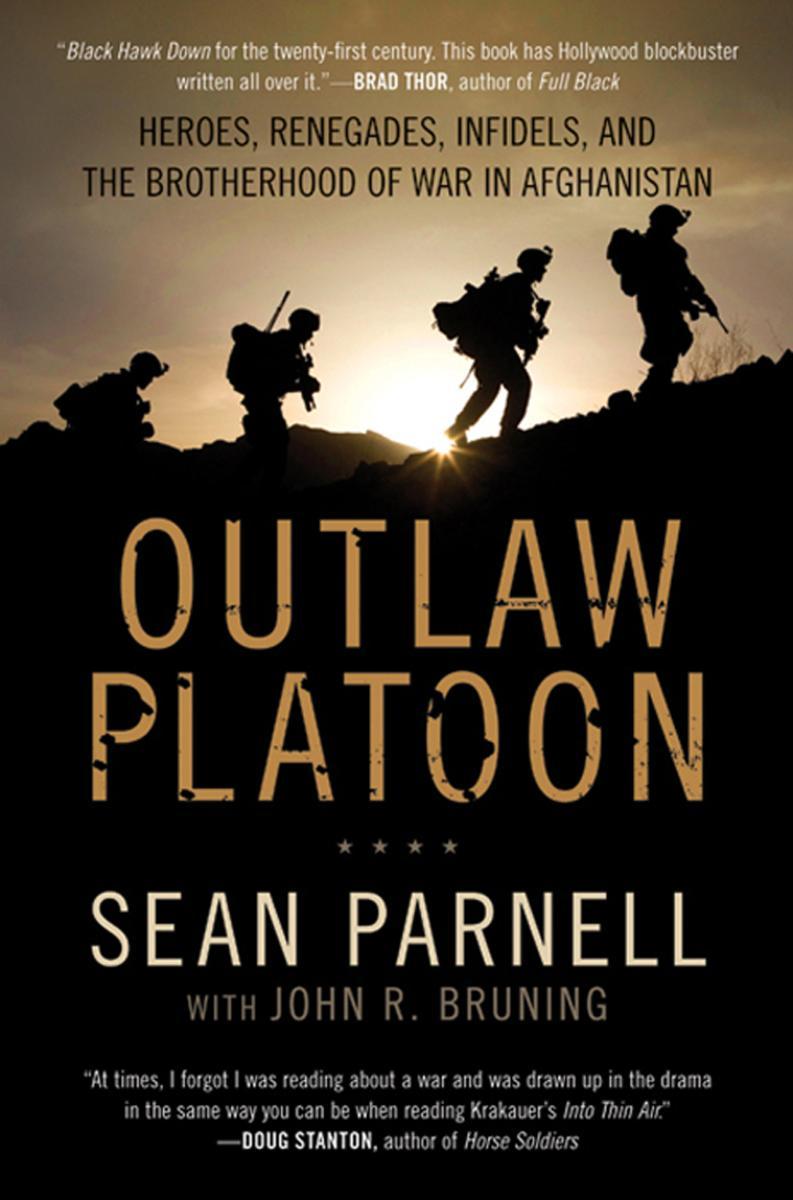
Outlaw Platoon
¥95.11
In combat, men measure up. Or don't. There are no second chances. In this vivid account of the U.S. Army's legendary 10th Mountain Division's heroic stand in the mountains of Afghanistan, Captain Sean Parnell shares an action-packed and highly emotional true story of triumph, tragedy, and the extraordinary bonds forged in battle. At twenty-four years of age, U.S. Army Ranger Sean Parnell was named commander of a forty-man elite infantry platoon a unit that came to be known as the Outlaws and was tasked with rooting out Pakistan-based insurgents from a mountain valley along Afghanistan's eastern frontier. Parnell and his men assumed they would be facing a ragtag bunch of civilians, but in May 2006 what started out as a routine patrol through the lower mountains of the Hindu Kush became a brutal ambush. Barely surviving the attack, Parnell's men now realized that they faced the most professional and seasoned force of light infantry the U.S. Army had encountered since the end of World War II. What followed was sixteen months of close combat, over the course of which the platoon became Parnell's family: from Staff Sergeant Greg Greeson, the wise, chain-smoking veteran who never lost his cool; to Specialist Robert Pinholt, a buttoned-down conservative with the heart of a warrior and the mind of an economist; to Staff Sergeant Phil Baldwin, the platoon's voice of calm and reason, a man who sacrificed everything following the events of 9/11 career, home, financial stability to serve his country. But the cost of battle was high for these men: Over 80 percent were wounded in action, putting their casualty rate among the highest since Gettysburg, and not all of them made it home. A searing and unforgettable story of friendship in battle, Outlaw Platoon brings to life the intensity and raw emotion of those sixteen months, showing how the fight reshaped the lives of Parnell and his men and how the love and faith they found in one another ultimately kept them alive.
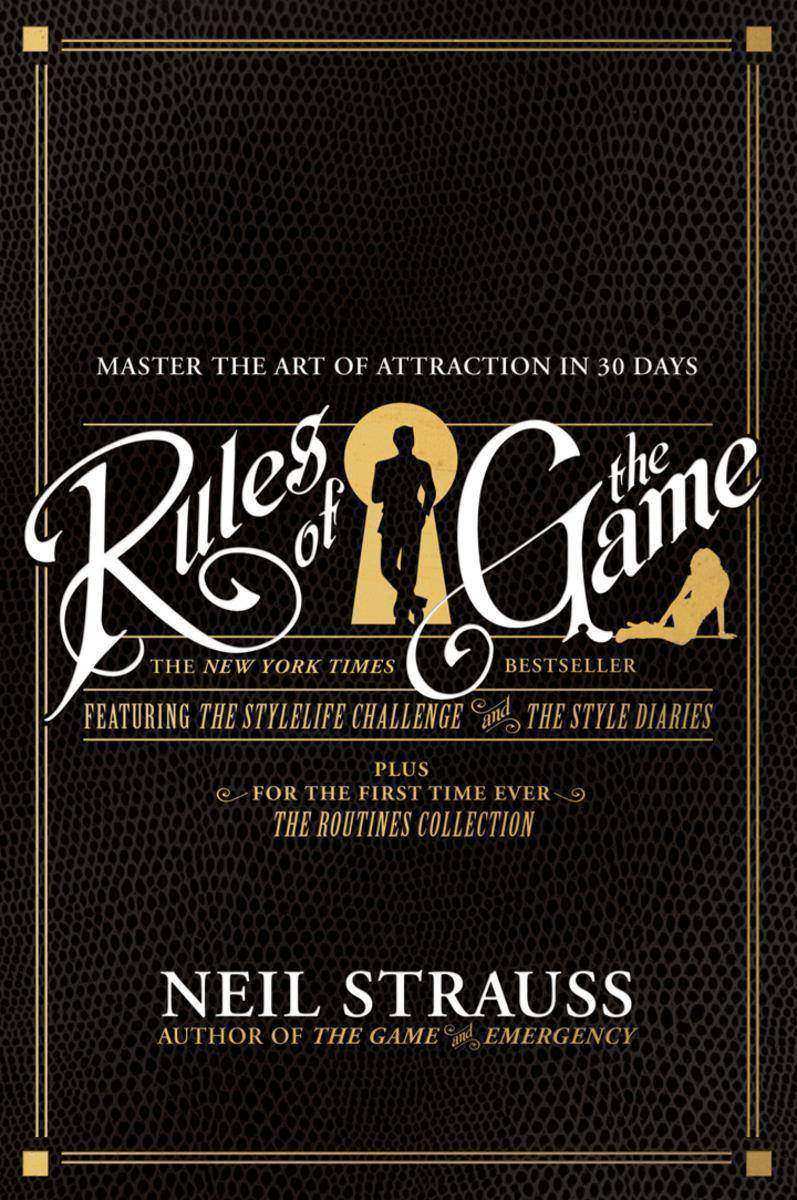
Rules of the Game
¥95.11
If you want to play the Game, you've got to know the Rules. In his international bestseller The Game , Neil Strauss delved into the secret world of pick-up artists men who have created a science out of the art of seduction. Not only did he reveal the techniques that they had developed, but he became a master of The Game, and the world's No. 1 PUA, as Style. Now, in this bestselling companion, Strauss reduces three books of life-changing knowledge into a single-volume set. The first book, The Stylelife Challenge , breaks down the knowledge he learned and techniques he invented into simple step-by-step instructions that anyone can follow to meet and land the women of their dreams. In the second book, Strauss takes readers into the dark side of The Game. The Style Diaries offers a series of tales of seduction and sexual (mis)adventure. From accidentally getting married during a drunken night in Reykjavik, to luring a famous musician's granddaughter into a threesome; to the stress and frustration of the torturous and highly unorthodox "30 Day Sex Experiment," The Style Diaries takes you further into the seduction underworld than ever before. Finally, in the all-new, updated third volume, Strauss collects the greatest, most powerful, field-tested, word-for-word routines. You don't need money, looks, or fame to succeed with women. All you need is an understanding of how attraction works and this thirty-day workout program for your social skills, which has already guided countless men from frustration to fulfillment.

Elon Musk
¥95.11
South African born Elon Musk is the renowned entrepreneur and innovator behind PayPal, SpaceX, Tesla, and SolarCity. Musk wants to save our planet; he wants to send citizens into space, to form a colony on Mars; he wants to make money while doing these things; and he wants us all to know about it. He is the real-life inspiration for the Iron Man series of films starring Robert Downey Junior. The personal tale of Musk’s life comes with all the trappings one associates with a great, drama-filled story. He was a freakishly bright kid who was bullied brutally at school, and abused by his father. In the midst of these rough conditions, and the violence of apartheid South Africa, Musk still thrived academically and attended the University of Pennsylvania, where he paid his own way through school by turning his house into a club and throwing massive parties. He started a pair of huge dot-com successes, including PayPal, which eBay acquired for $1.5 billion in 2002. Musk was forced out as CEO and so began his lost years in which he decided to go it alone and baffled friends by investing his fortune in rockets and electric cars. Meanwhile Musk’s marriage disintegrated as his technological obsessions took over his life ... Elon Musk is the Steve Jobs of the present and the future, and for the past twelve months, he has been shadowed by tech reporter, Ashlee Vance. Elon Musk: How the Billionaire CEO of Spacex and Tesla is Shaping our Future is an important, exciting and intelligent account of the real-life Iron Man.
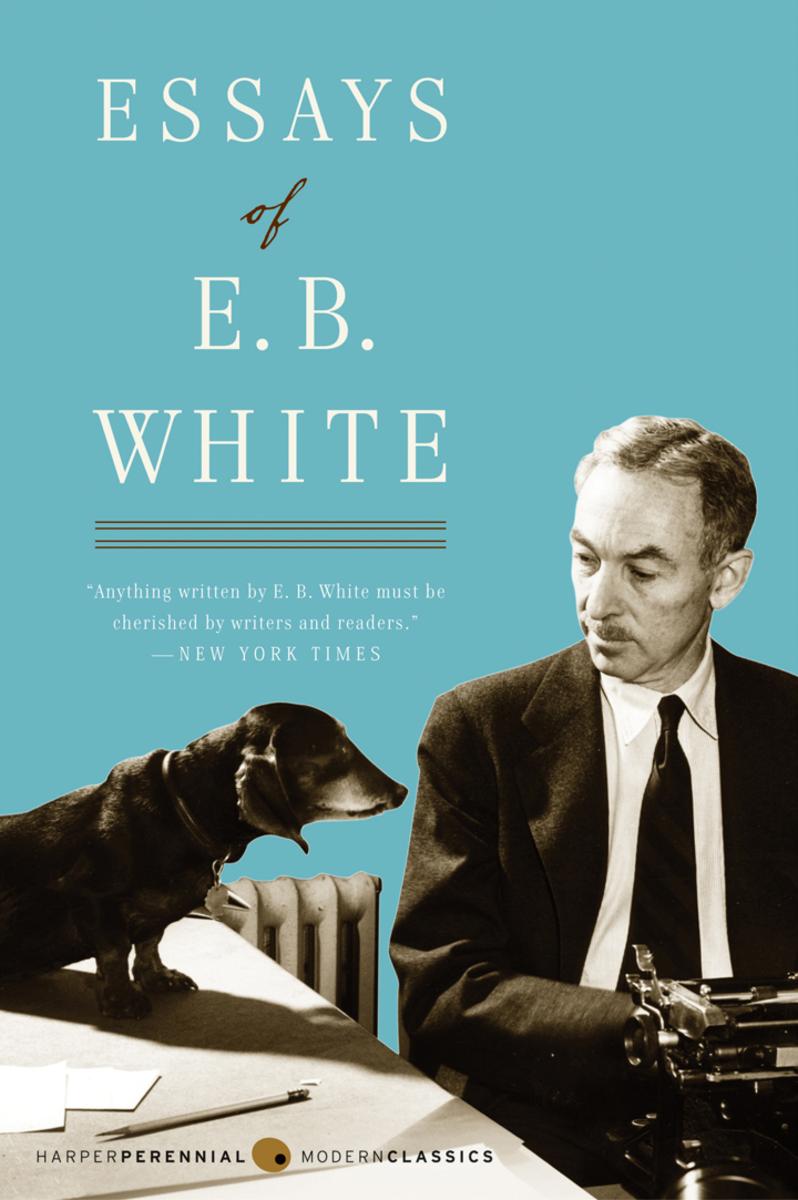
Essays of E. B. White
¥95.11
The classic collection by one of the greatest essayists of our time.
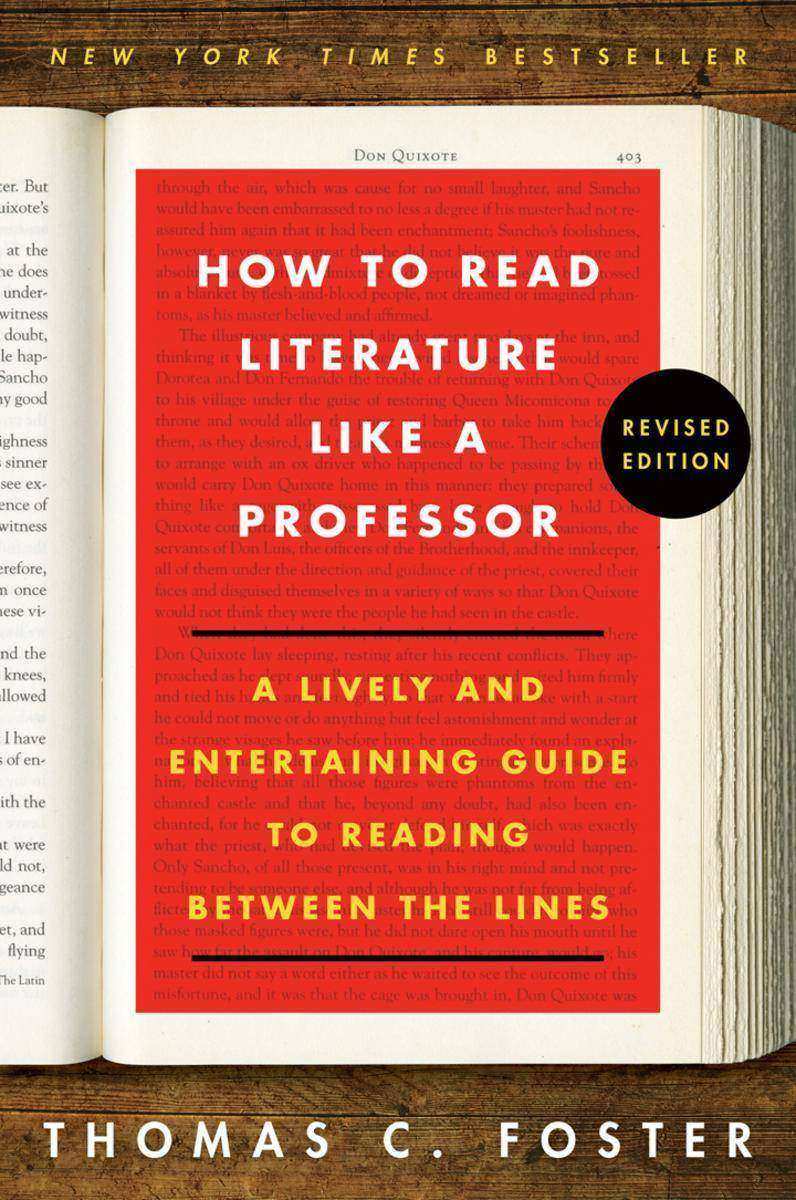
How to Read Literature Like a Professor Revised
¥95.11
A thoroughly revised and updated edition of Thomas C. Foster classic guide a lively and entertaining introduction to literature and literary basics, including symbols, themes, and contexts that shows you how to make your everyday reading experience more rewarding and enjoyable. While many books can be enjoyed for their basic stories, there are often deeper literary meanings interwoven in these texts. How to Read Literature Like a Professor helps us to discover those hidden truths by looking at literature with the eyes and the literary codes of the ultimate professional reader: the college professor. What does it mean when a literary hero travels along a dusty roadWhen he hands a drink to his companionWhen he drenched in a sudden rain showerRanging from major themes to literary models, narrative devices, and form, Thomas C. Foster provides us with a broad overview of literature a world where a road leads to a quest, a shared meal may signify a communion, and rain, whether cleansing or destructive, is never just a shower and shows us how to make our reading experience more enriching, satisfying, and fun. This revised edition includes new chapters, a new preface, and a new epilogue, and incorporates updated teaching points that Foster has developed over the past decade.
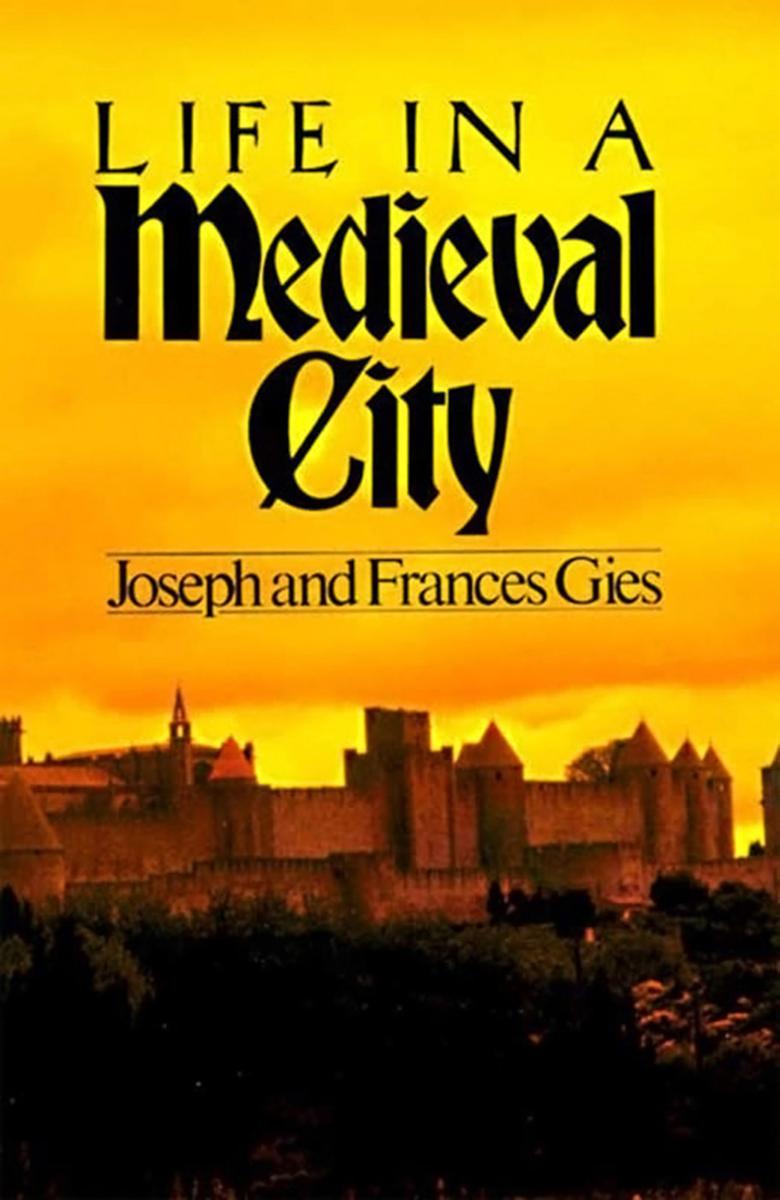
HarperCollins e-books
¥95.11
For students, researchers, and history lovers, a look at day-to-day life in a rarely explored era. "About life and death, midwives and funerals, business, books and authors, and town government."--Choice

Sh t My Dad Says
¥95.11
After being dumped by his longtime girlfriend, twenty-eight-year-old Justin Halpern found himself living at home with his seventy-three-year-old dad. Sam Halpern, who is "like Socrates, but angrier, and with worse hair," has never minced words, and when Justin moved back home, he began to record all the ridiculous things his dad said to him: "That woman was sexy. . . . Out of your leagueSon, let women figure out why they won't screw you. Don't do it for them." "Do people your age know how to comb their hairIt looks like two squirrels crawled on their heads and started fucking." "The worst thing you can be is a liar. . . . Okay, fine, yes, the worst thing you can be is a Nazi, but then number two is liar. Nazi one, liar two." More than a million people now follow Mr. Halpern's philosophical musings on Twitter, and in this book, his son weaves a brilliantly funny, touching coming-of-age memoir around the best of his quotes. An all-American story that unfolds on the Little League field, in Denny's, during excruciating family road trips, and, most frequently, in the Halperns' kitchen over bowls of Grape-Nuts, Sh*t My Dad Says is a chaotic, hilarious, true portrait of a father-son relationship from a major new comic voice.

Londoners
¥95.11
Five years in the making, Londoners is a fresh and compulsively readable view of one of the world's most fascinating cities a vibrant narrative portrait of the London of our own time, featuring unforgettable stories told by the real people who make the city hum. Acclaimed writer and editor Craig Taylor has spent years traversing every corner of the city, getting to know the most interesting Londoners, including the voice of the London Underground, a West End rickshaw driver, an East End nightclub doorperson, a mounted soldier of the Queen's Life Guard at Buckingham Palace, and a couple who fell in love at the Tower of London and now live there. With candor and humor, this diverse cast rich and poor, old and young, native and immigrant, men and women (and even a Sarah who used to be a George) shares indelible tales that capture the city as never before. Together, these voices paint a vivid, epic, and wholly original portrait of twenty-first-century London in all its breadth, from Notting Hill to Brixton, from Piccadilly Circus to Canary Wharf, from an airliner flying into London Heathrow Airport to Big Ben and Tower Bridge, and down to the deepest tunnels of the London Underground. Londoners is the autobiography of one of the world's greatest cities.
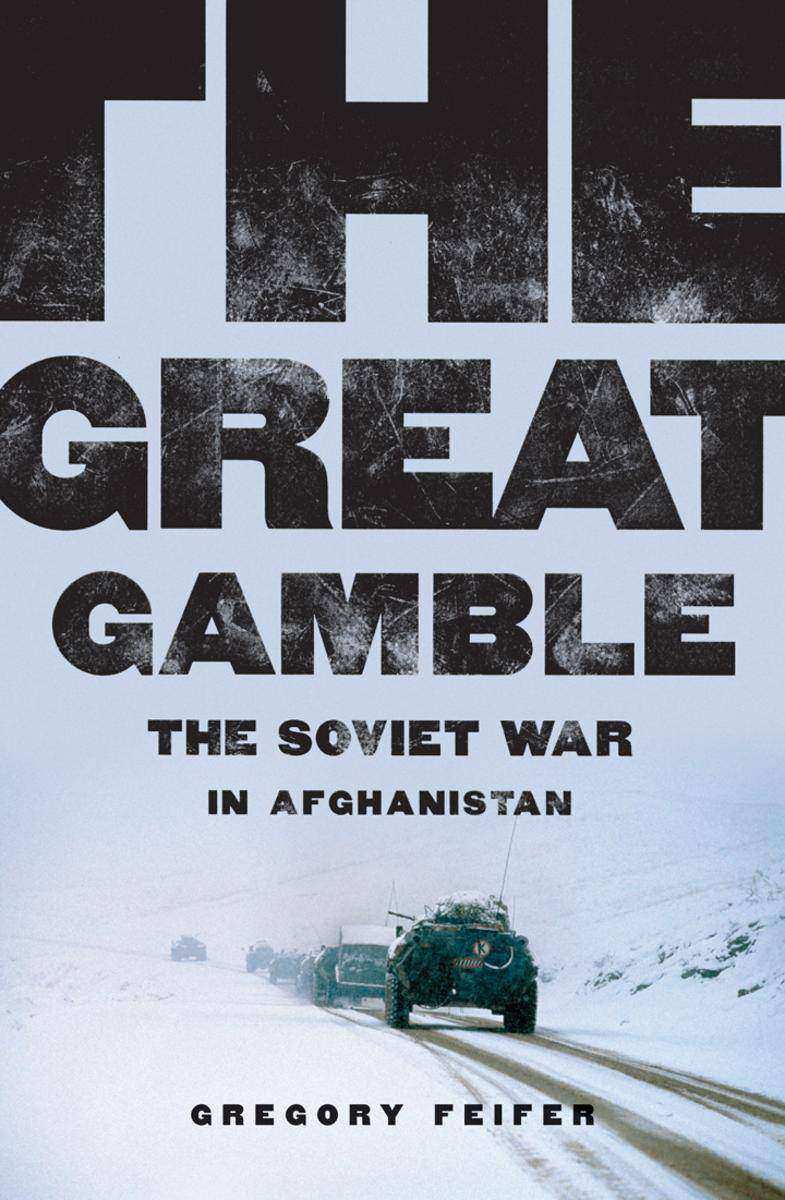
The Great Gamble
¥95.11
The Soviet war in Afghanistan was a grueling debacle that has striking lessons for the twenty-first century. In The Great Gamble , Gregory Feifer examines the conflict from the perspective of the soldiers on the ground. In gripping detail, he vividly depicts the invasion of a volatile country that no power has ever successfully conquered. A riveting account as seen through the eyes of the men who fought in the war, The Great Gamble tells an unforgettable story full of drama, action, and political intrigue whose relevance in our own time is greater than ever.

I Dreamed I Was a Very Clean Tramp
¥95.39
The sharp, lyrical, and no-holds-barred autobiography of the iconoclastic writer and musician Richard Hell, charting the childhood, coming of age, and misadventures of an artist in an indelible era of rock and roll... From an early age, Richard Hell dreamed of running away. His father died when he was seven, and at seventeen he left his mother and sister behind and headed for New York City, place of limitless possibilities. He arrived penniless with the idea of becoming a poet; ten years later he was a pivotal voice of the age of punk, starting such seminal bands as Television, the Heartbreakers, and Richard Hell and the Voidoids whose song Blank Generation remains the defining anthem of the era. Hell was significantly responsible for creating CBGB as punk ground zero; his Voidoids toured notoriously with the Clash, and Malcolm McLaren would credit Hell as inspiration for the Sex Pistols. There were kinetic nights in New York club demi-monde, descent into drug addiction, and an ever-present yearning for redemption through poetry, music, and art. We lived in the suburbs in America in the fifties, Hell writes. My roots are shallow. I'm a little jealous of people with strong ethnic and cultural roots. Lucky Martin Scorsese or Art Spiegelman or Dave Chappelle. I came from Hopalong Cassidy and Bugs Bunny and first grade at ordinary Maxwell Elementary. How this legendary downtown artist went from a prosaic childhood in the idyllic Kentucky foothills to igniting a movement that would take over New York and London restless youth cultures and spawn the careers of not only Hell himself, but a cohort of friends such as Tom Verlaine, Patti Smith, the Ramones, and Debbie Harry is just part of the fascinating story Hell tells. With stunning powers of observation, he delves into the details of both the world that shaped him and the world he shaped. An acutely rendered, unforgettable coming-of-age story, I Dreamed I Was a Very Clean Tramp evokes with feeling, clarity, and piercing intelligence that classic journey: the life of one who comes from the hinterlands into the city in search of art and passion.
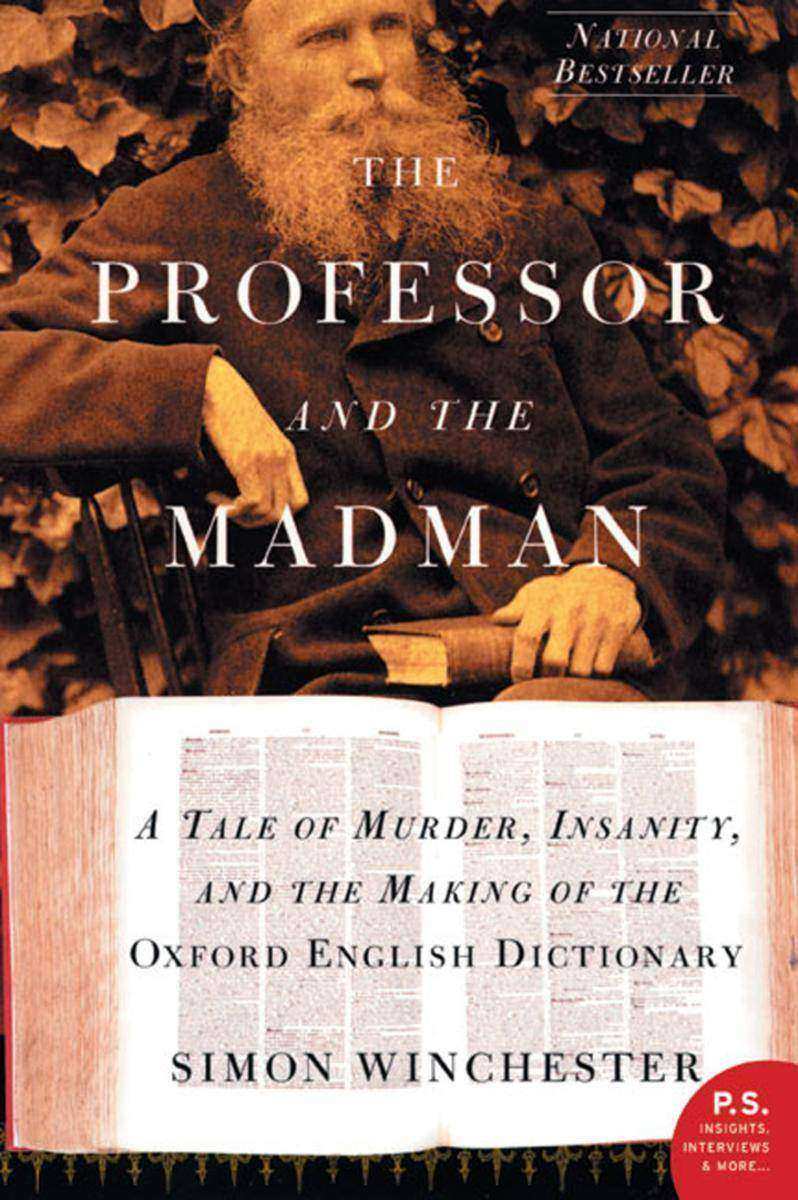
The Professor and the Madman
¥95.39
The Professor and the Madman , masterfully researched and eloquently written, is an extraordinary tale of madness, genius, and the incredible obsessions of two remarkable men that led to the making of the Oxford English Dictionary -- and literary history. The compilation of the OED , begun in 1857, was one of the most ambitious projects ever undertaken. As definitions were collected, the overseeing committee, led by Professor James Murray, discovered that one man, Dr. W. C. Minor, had submitted more than ten thousand. When the committee insisted on honoring him, a shocking truth came to light: Dr. Minor, an American Civil War veteran, was also an inmate at an asylum for the criminally insane.
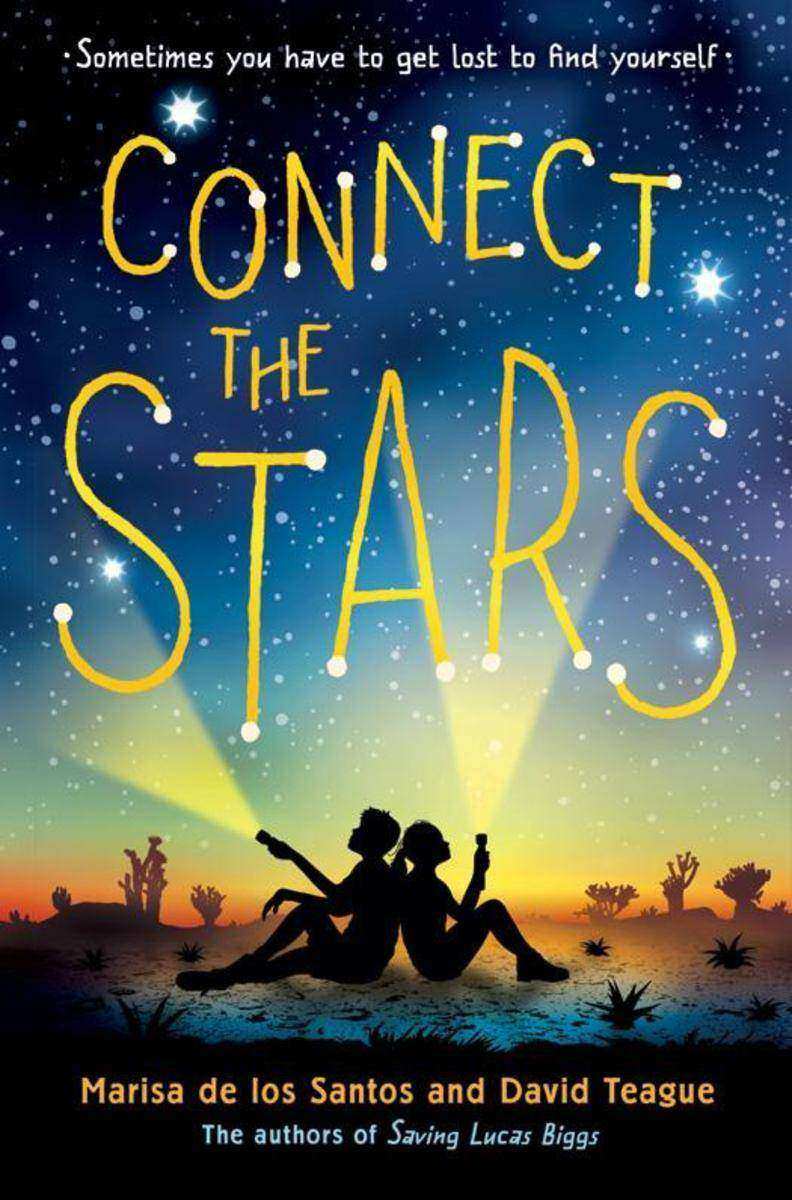
Connect the Stars
¥95.39
From Saving Lucas Biggs authors Marisa de los Santos and David Teague comes a heartwarming middle grade adventure about two misfits discovering the importance of just being themselves.When thirteen-year-olds Aaron and Audrey meet at a wilderness camp in the desert, they think their quirks are enough to prevent them from ever having friends. But as they trek through the challenging and unforgiving landscape, they learn that they each have what it takes to make the other whole.Luminous and clever, Connect the Stars takes on some hefty topics of the day—bullying, understanding where you fit in, and learning to live with physical and mental challenges—all in a joyous adventure kids will love!
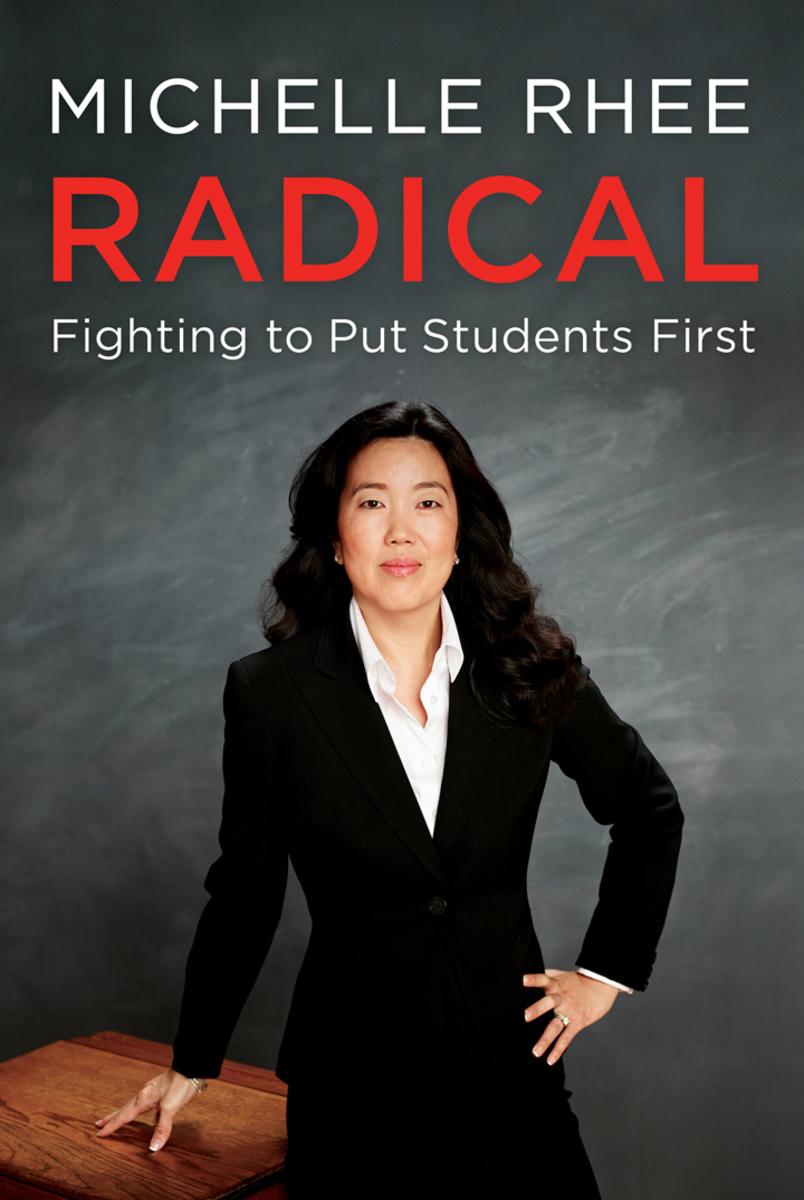
Radical
¥95.39
The United States is known as a world leader in innovation, boasting brilliant thinkers and trendsetting companies, but that status is at grave risk. American children are well outside the top-ten international student rankings in reading, science, and math; those rankings not to mention the nation's position of leadership on everything from the economy to the military to issues of moral authority will continue to plummet unless we take dramatic action. Michelle Rhee, a driving force behind American education reform, is ready to make a change. In Radical , this fearless and pioneering advocate draws on her own life story and delivers her plan for better American schools. Rhee's goal is to ensure that laws, leaders, and policies are making students not adults our top priority, and she outlines concrete steps that will put us on a dramatically different course. Informing her critique are her extraordinary experiences in education: her years of teaching in inner-city Baltimore; her turbulent tenure as chancellor of the Washington, D.C., public schools; and her current role as an education activist. Rhee draws on dozens of compelling examples from schools she's worked in and studied; from students who've left behind unspeakable home lives and thrived in the classroom; from teachers whose groundbreaking methods have produced unprec?edented leaps in student achievement. The book chronicles Rhee's awakening to the potential of every child blessed with a great teacher, her rage at realizing that adults with special interests are blocking badly needed change, and her recognition that it will take a grassroots movement to break through the barriers to outstanding public schools. An incisive and intensely personal call to arms, Michelle Rhee's Radical is required reading for anyone who seeks a guide not only to the improvement of our schools but also to a brighter future for America's children.
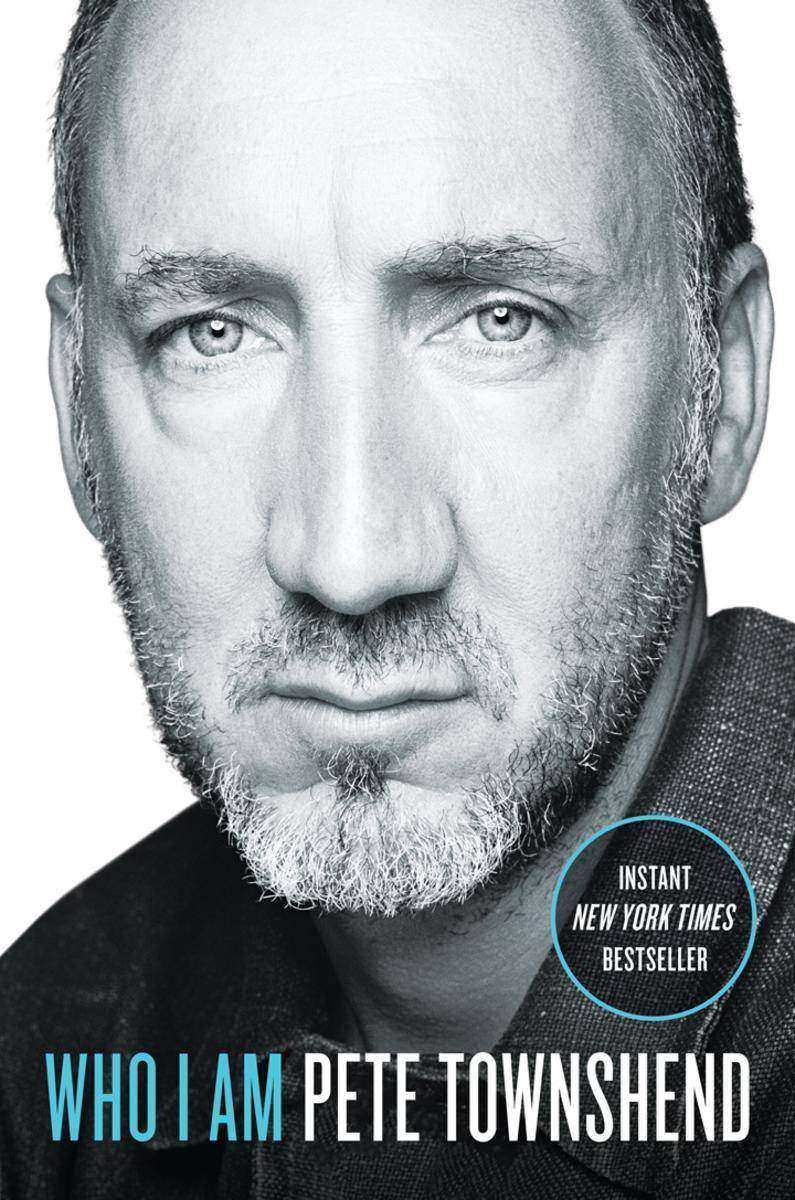
Who I Am
¥95.39
From the voice of a generation: The most highly anticipated autobiography of the year, and the story of a man who... is a Londoner and a Mod.... wanted The Who to be called The Hair.... loved The Everly Brothers, but not that drawling dope Elvis.... wanted to be a sculptor, a journalist, a dancer and a graphic designer.... became a musician, composer, librettist, fiction writer, literary editor, sailor.... smashed his first guitar onstage, in 1964, by accident.... heard the voice of God on a vibrating bed in rural Illinois.... invented the Marshall stack, feedback and the concept album.... once speared Abbie Hoffman in the neck with the head of his guitar.... inspired Jimi Hendrix pyrotechnical stagecraft.... is partially deaf in his left ear.... stole his windmill guitar playing from Keith Richards.... followed Keith Moon off a hotel balcony into a pool and nearly died.... did too much cocaine and nearly died.... drank too much and nearly died.... detached from his body in an airplane, on LSD, and nearly died.... helped rescue Eric Clapton from heroin.... is banned for life from Holiday Inns.... was embroiled in a tabloid scandal that has dogged him ever since.... has some explaining to do.... is the most literary and literate musician of the last 50 years.... planned to write his memoir when he was 21.... published this book at 67.
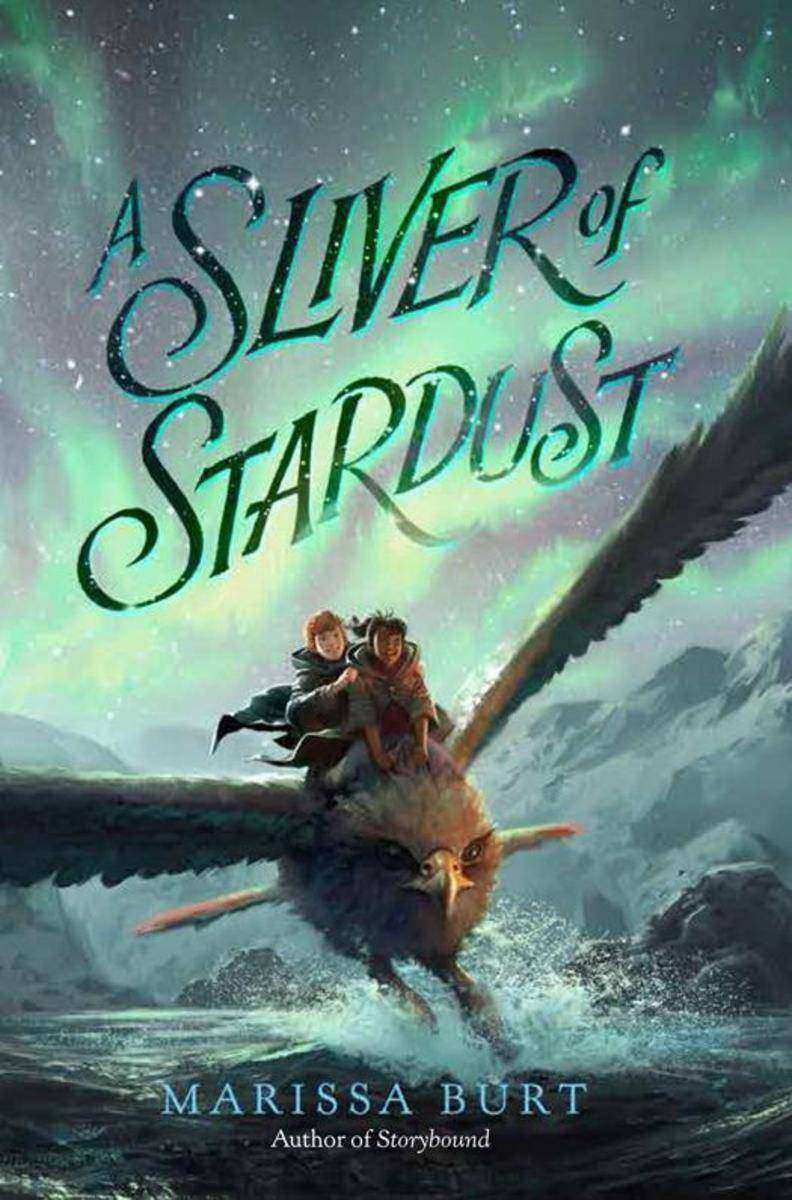
A Sliver of Stardust
¥95.39
From Marissa Burt, author of Storybound, comes a richly imagined middle grade fantasy full of magic, intrigue, and imaginative twists. A Sliver of Stardust is the perfect next adventure for fans of A Wrinkle in Time and The Emerald Atlas.Wren Matthews thought she'd outgrown nursery rhymes a long time ago. But that was before she knew that songs of twinkling little stars and four-and-twenty blackbirds were the key to an ancient, hidden magic.Wren's discovery catapults her into a world of buried secrets, strange dreams, and a mountain fortress under an aurora-filled sky. But just as she starts to master her unique abilities, her new world begins to crumble around her . . . and only she can save it.
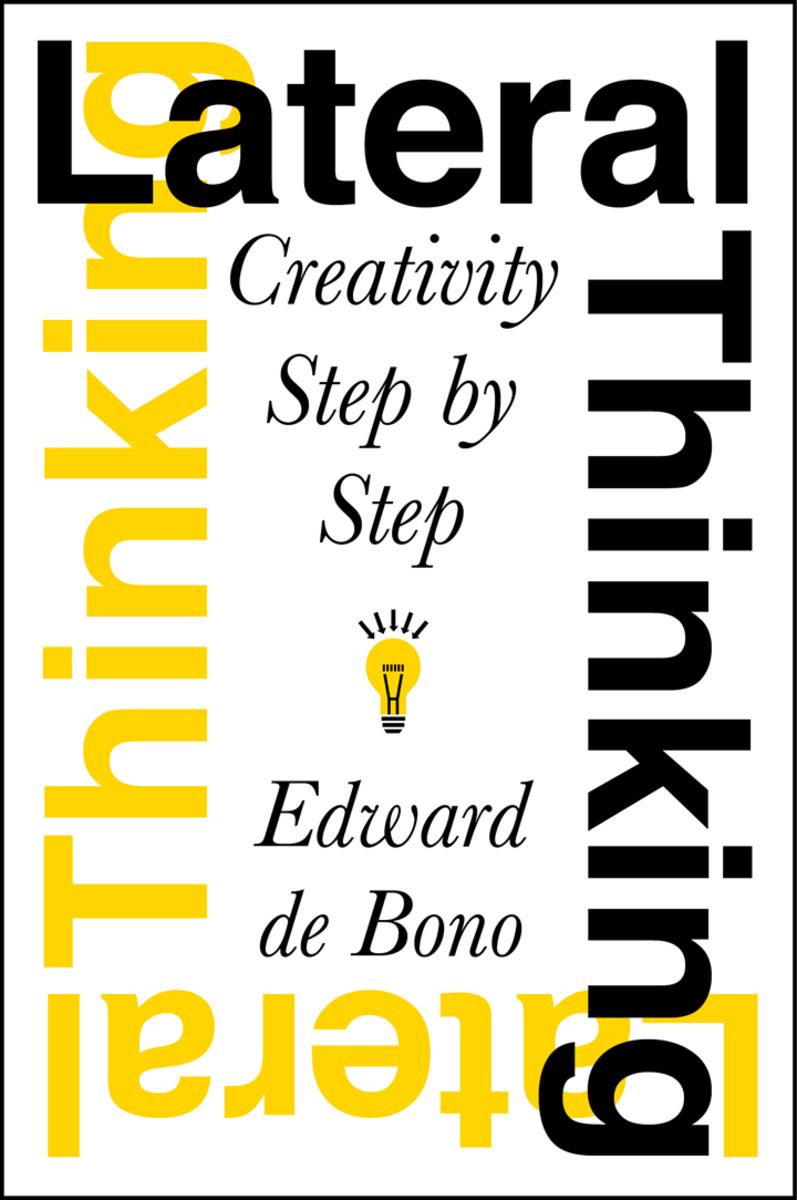
Lateral Thinking
¥95.39
The first practical explanation of how creativity works, this results-oriented bestseller trains listeners to move beyond a "vertical" mode of thought to tap the potential of lateral thinking.




 购物车
购物车 个人中心
个人中心



